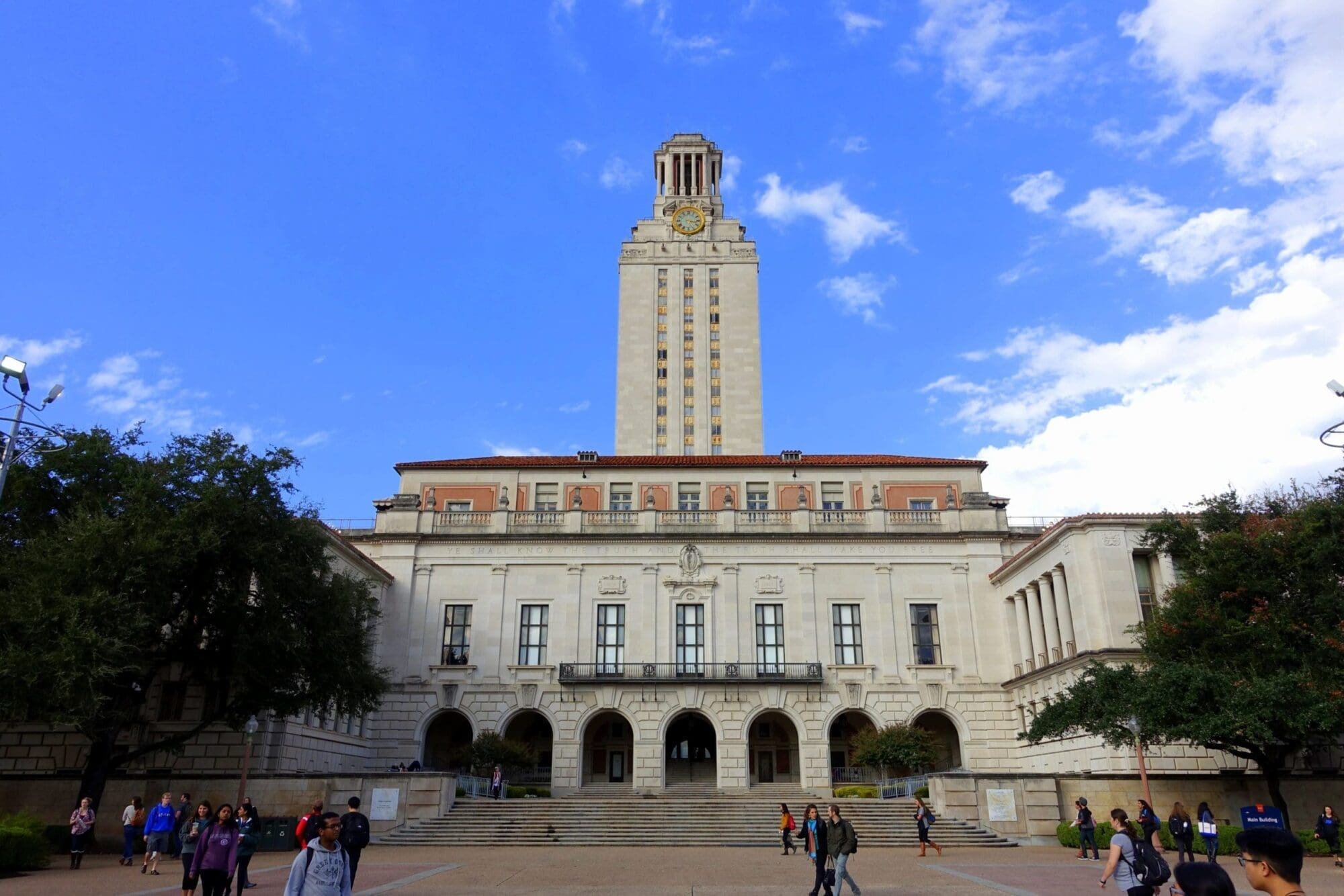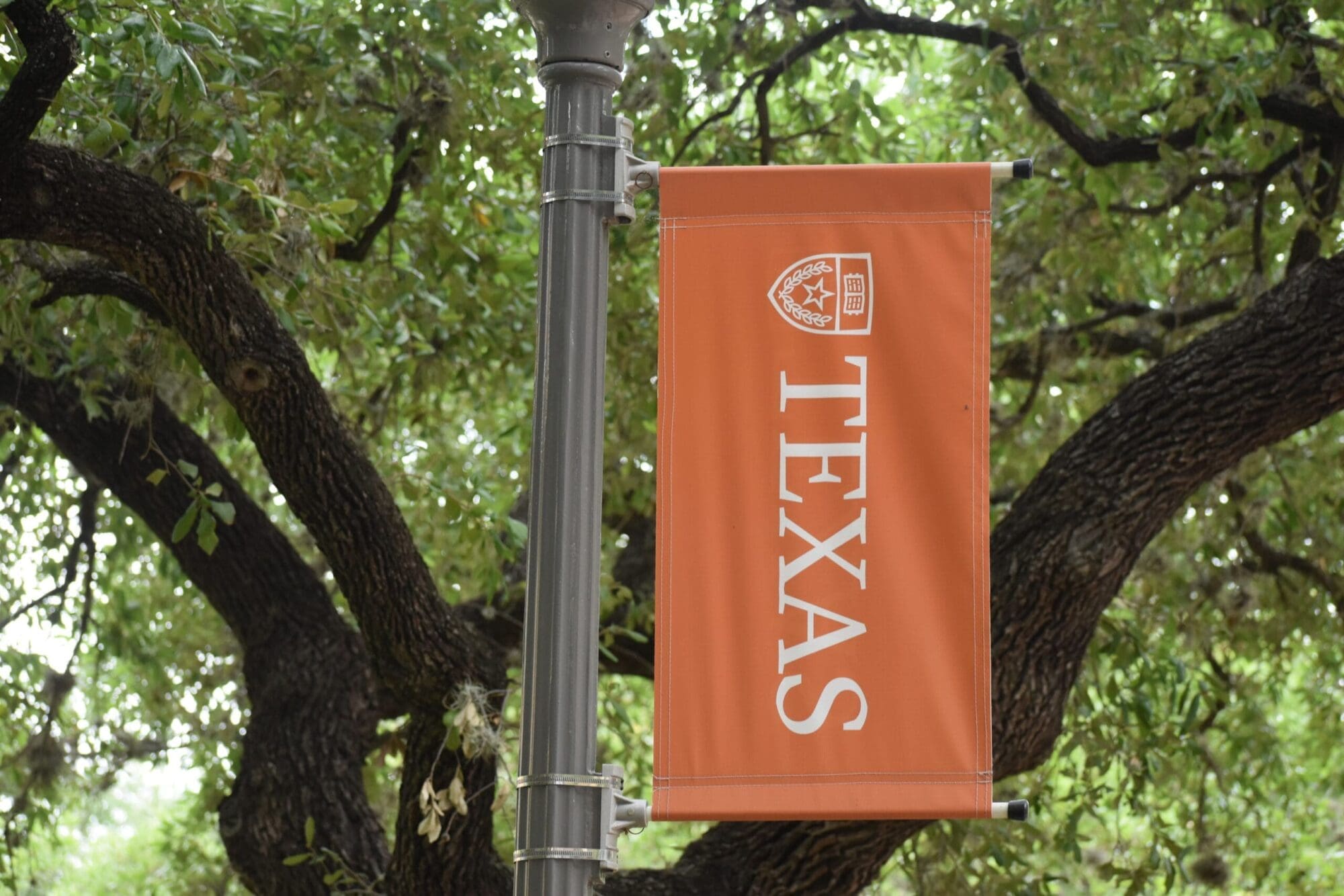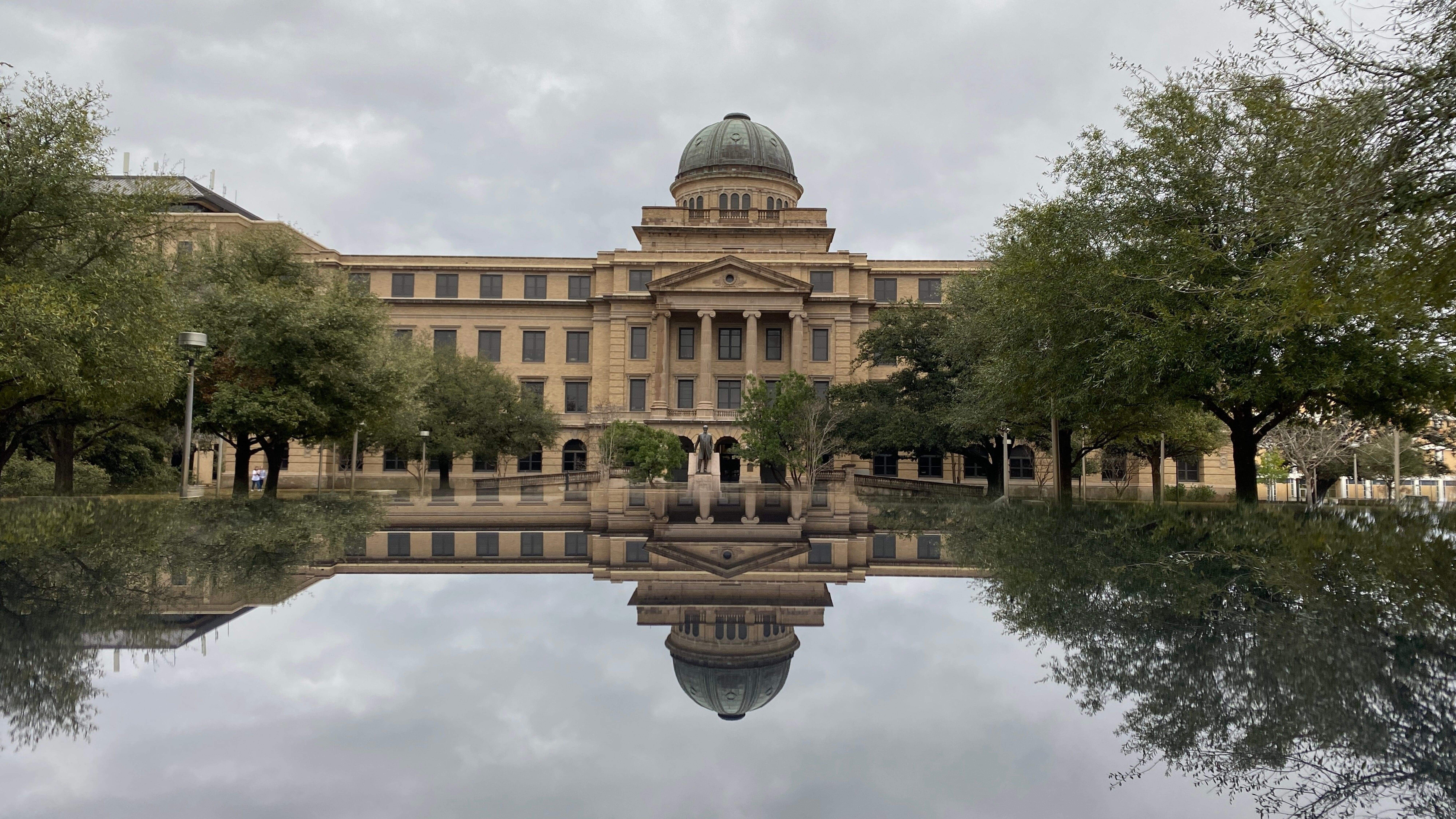Nearly 150 people attended a Texas House committee hearing to voice their opinions on legislation banning diversity, equity, and inclusion policies at Texas public colleges and universities.
Senate Bill 17 by State Sen. Brandon Creighton (R–Conroe) was considered during a marathon hearing of the House Higher Education Committee this week, with dozens of college professors, administrators, and students showing up to oppose the measure presumably backed by a majority of Texas GOP voters. The hearing began Monday morning, recessed for several hours while the House was in session, and resumed that evening, ending around 3:30 a.m.
One of Lt. Gov. Dan Patrick’s legislative priorities, SB 17 was passed by the Senate along party lines on April 20 as part of a package of bills focused on higher education. Diversity, equity, and inclusion policies have become increasingly common among Texas colleges and universities in recent years—even ostensibly “conservative” ones—and a majority of Texas GOP voters favor removing state funding for institutions of higher education that have adopted them.
In February, Gov. Greg Abbott warned public university administrators that race-based hiring practices are not authorized by state law, prompting the University of Texas to suspend the implementation of new DEI policies across its campuses. The university is currently being sued by a professor who says administrators violated his First Amendment right to criticize the school’s promotion of DEI ideology.
SB 17 would prohibit public universities from establishing a DEI office, using DEI criteria in their hiring practices, or requiring employees or prospective employees to provide a DEI statement or attend DEI trainings. These restrictions would not apply, however, if they contradict a court order, federal law, or the terms of a grant. The version of the proposal considered by the committee also included an exception for satisfying the standards of an accrediting organization.
Although the bill does not apply to student admissions, classroom instruction, scholarly research, programs created to boost student success, or the activities of student organizations, many of the witnesses claimed its passage would make minorities feel unwelcome and hinder their academic achievement. State Rep. Mary González (D–San Elizario) was especially sympathetic to these concerns.
State Rep. John Kuempel (R–Seguin), the chairman of the committee, said SB 17 would provide “clear direction” and “legislative oversight” of recruiting and hiring practices for institutions of higher education. When pressed by one of the committee members, he acknowledged that the bill is “a nod to critical race theory.”
Dr. Daniel Bonevac, a professor of philosophy at the University of Texas at Austin, gave perhaps the most full-throated defense for banning DEI practices in higher education. He said DEI offices “sound good, but in fact, they’ve changed campuses in a variety of ways that are not so good,” explaining that they are “radical political organizations that are engaged in indoctrination” and “enforce an ideological orthodoxy.”
“Like the wrong social media posts, laugh at the wrong joke, ask the wrong question in class, you can get into trouble,” said Bonevac.
He said DEI offices consider the term “merit” a “white supremacist” concept, and he said “equity” is really “postmodern Manichaeism.”
It’s postmodern because it rejects objective truth and objective knowledge. It rejects reason, it substitutes emotion, raw power, and ideas of lived experience. It’s Manichaean because it divides people and groups of people into oppressors and oppressed. People matter only as representatives of the group.
Bonevac ran out of time before he could finish his testimony. Kuempel attempted to cut him off, but State Rep. Travis Clardy (R–Nacogdoches) asked him to finish, saying he suspected most other witnesses would present a different perspective on the proposal. Bonevac concluded by stating that a campus DEI office “interferes with the university’s basic mission, as I understand it, which is to discover and disseminate—communicate the truth.”
Dr. Richard Johnson, the director of the Booker T. Washington Initiative at the Texas Public Policy Foundation, also spoke in favor of SB 17. He explained the provisions of the bill mirror the nondiscrimination language in the 1964 Civil Rights Act, and he argued that “if we step outside of that alignment … we will then open up the door for discrimination.”
In response to an assertion by González that the bill would cause anxiety among students and mean “you can’t say words like ‘diversity’ anymore,” Tedd Mitchell, the chancellor of the Texas Tech University System, said no one he has spoken to has “an issue about diversity,” affirming “it’s a noble goal for everybody.” Rather, he explained, “it’s the ‘how’ that has become the source of friction with everybody.”
Mitchell acknowledged that conservatives “have a point” when they express concern about “things that put people in silos.”
“If we’re doing things that are constantly dividing people into groups, we’re missing out on the great things that unite us,” he explained.
González insisted that the prospect of eliminating DEI offices makes minorities like herself feel “attacked for who we are and what we need and our history,” crediting the multicultural centers at the colleges she attended for helping her succeed as a student.
A witness representing the Texas State Employees Union agreed, saying that the “attack on diversity, equity, and inclusion is a stain because it’s an attack on students.”
Other witnesses expressed concern that the legislation’s passage would damage the reputation of Texas public colleges and universities, causing them to drop in national rankings. Teacher and writer Anna Schwartz said “this bill will produce a population of students and citizens who are stupider, less intelligent, and less insightful thinkers, I suppose motivated by spite and resentment.”
The committee also heard testimony on Senate Bill 18, which would standardize procedures for awarding and removing tenure at Texas public colleges. Both measures were left pending at the conclusion of the hearing.
House committees must approve Senate bills by May 20 to provide enough time for them to pass the lower chamber before the legislative session ends on May 29.





